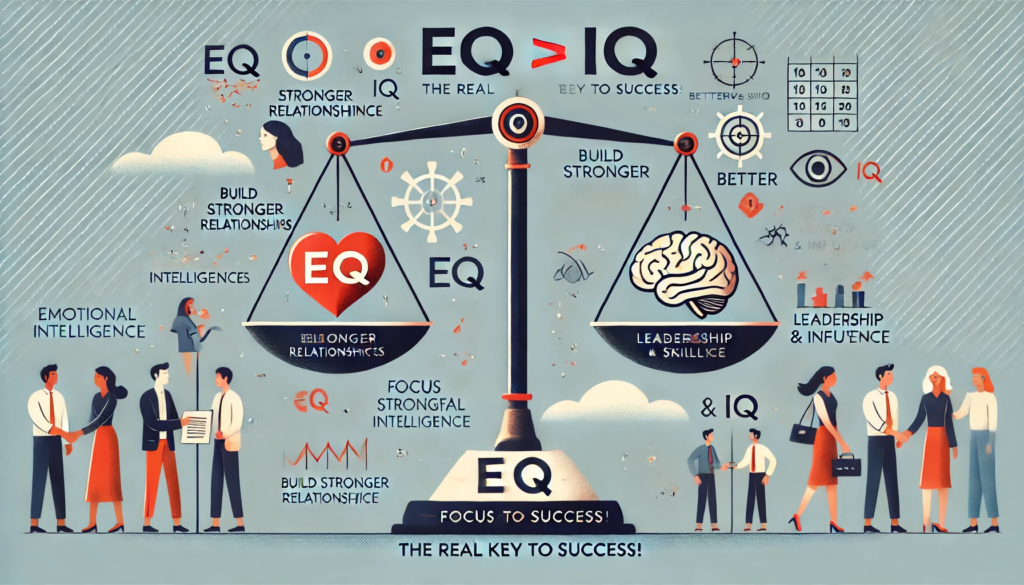Parents Don’t Understand Your Problems? Parents Bonding

Parents Don’t Understand Your Problems? Parents Bonding
Introduction
Today, let’s address a question that resonates with many persons:
“Sir, I share my personal problems with my dad, but instead of helping, he blames me. What should I do in such situations? Parents don’t understand me.”
Struggling to talk to your parents about personal problems? Do you feel that my Parents don’t understand me? you must read this.
This is a common concern for many youngsters. Sharing problems with parents can sometimes lead to misunderstandings, blame, or a lack of resolution. However, this doesn’t mean the situation is hopeless. Let’s break it down and explore how to navigate such challenges.
Why Do Parents React Differently?
Parents and children often have differing perspectives. While you may expect understanding and support, your parents might see things differently due to:
• Past experiences with you.
• Their protective instincts.
• A desire to guide you, even if their approach feels critical.
It’s important to remember that such reactions are not unusual. Many children face similar situations where their parents don’t immediately grasp their problems. The key lies in patience and consistent efforts to build better communication.
Step 1: Reflect on Your Own Behavior
Before expecting a change from your parents, take a moment to reflect on your own actions:
• Have past mistakes shaped their perception of you?
• Are you suddenly opening up about personal problems after years of limited sharing?
It may take time for your parents to adjust to your change in behavior. They might not immediately trust your intentions or believe in your perspective. However, this doesn’t mean they don’t care—it simply means they need time to see your sincerity.
Step 2: Building Better Communication
- If your parents blame you instead of helping, it’s crucial to approach the situation with understanding and patience. Here’s what you can do:
- Try to Understand Their Perspective
• Their reactions are often shaped by their own life experiences and concerns. They may genuinely believe their criticism is helping you improve, even if it feels harsh.
- Communicate Calmly and Empathetically
• Express your feelings in a calm and composed manner. Avoid being defensive or confrontational.
• For example, say:
“Dad, I understand that you want the best for me. But when you blame me, it feels like my problems grow instead of shrinking. Can we talk about how I can improve and solve this issue together?”
- Be Patient and Persistent
• Change doesn’t happen overnight, and they might not understand your point the first time you share it. If needed, revisit the topic later while ensuring they feel respected and heard.
- Emotionally Explain Your Situation
• Sometimes, parents need to see how deeply an issue affects you to understand its seriousness.
• Share how the problem impacts your mental and emotional well-being.
- Acknowledge Their Intentions
• Even if their method of helping doesn’t work for you, appreciate their intentions. Let them know you value their input while gently explaining your perspective.
Step 3: Building a Balanced Approach
It’s essential to balance your efforts by understanding both sides:
• From Your Side:
• Be patient.
• Maintain respect in your tone and words.
• Share problems with clarity, focusing on solutions.
• From Their Side:
• Pay attention to their advice without immediate judgment.
• Understand the reasoning behind their perspective.
• Demonstrate small, positive changes in your actions over time.
Example of Emotional Communication
Here’s an example of how you can address a misunderstanding:
You:
“Dad, I feel stuck with this issue, and I thought sharing it with you would help. But when I hear blame instead of solutions, it makes me feel like I can’t share my problems openly. I really need your guidance, but I also need you to trust me a little. Can we work together on this?”
This approach helps show vulnerability while emphasizing mutual respect and collaboration.
Final Thoughts
Every parent-child relationship faces challenges. The goal isn’t to prove who’s right or wrong but to build a bridge of understanding and trust. Parents care deeply for their children, even if their way of showing it doesn’t always align with your expectations.
Patience, persistence, and empathy are your tools to improve communication and strengthen your bond with them. Never think that my Parents don’t understand me.
Engage with the Audience
Have you faced similar situations where your parents misunderstood your problems? How did you handle it? Share your experiences in the comments so we can learn from each other!
Conclusion
Remember, these are my thoughts. Your perspective might be different, and that’s okay! Share your insights in the comments below, so others can benefit from your experiences too.
Mehul Kachhadiya
Categories
Recent Posts
D




